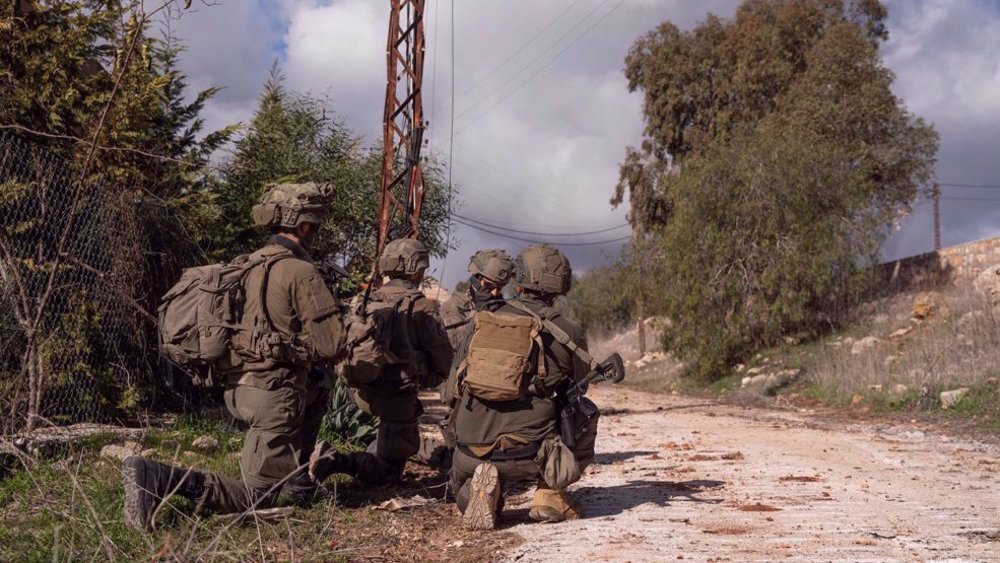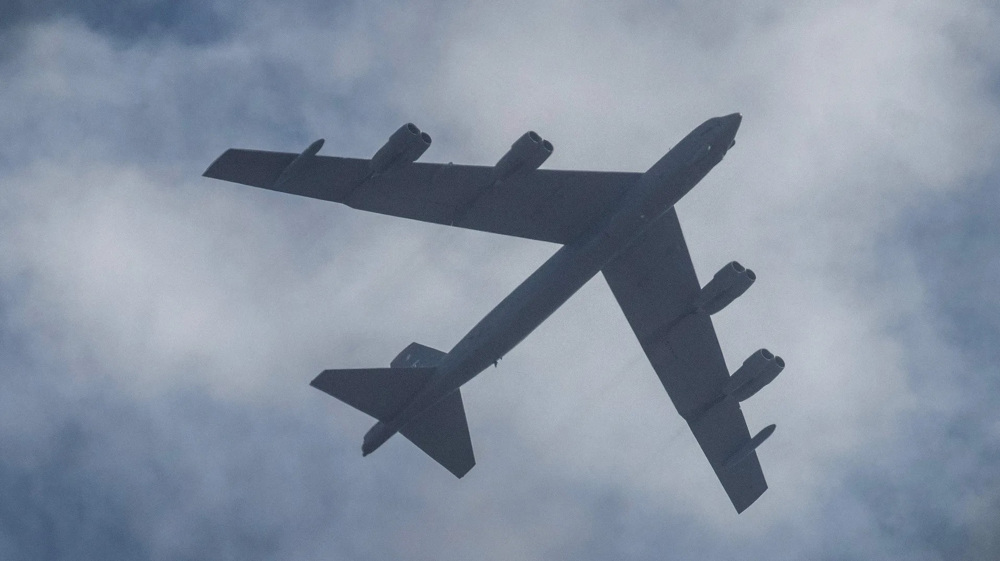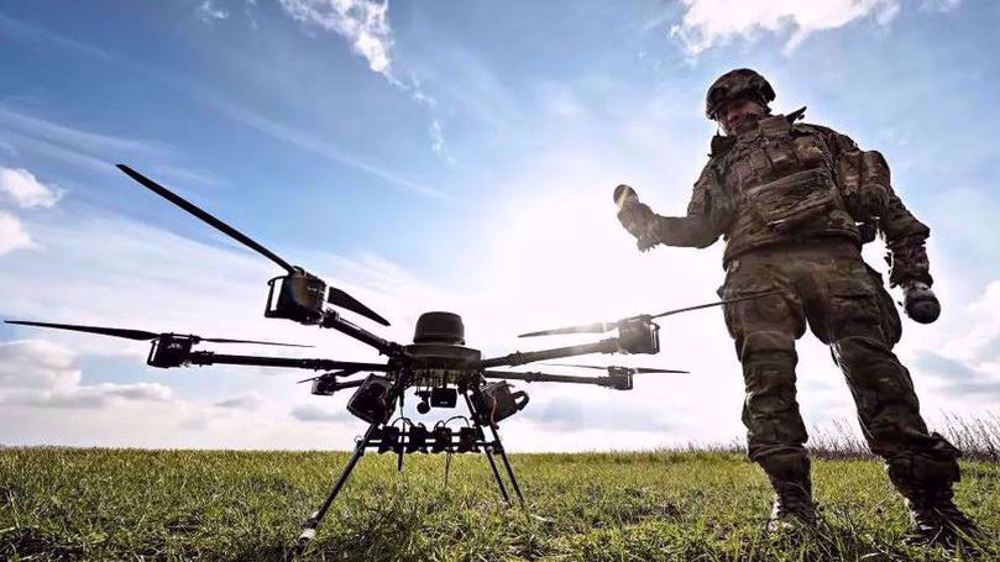Biden exploring ways to keep forces in Afghanistan despite Trump-Taliban deal: Top lawmaker reveals
A top US Democrat says President Joe Biden is looking to keep US troops in Afghanistan beyond a May 1 deadline, warning that US forces would be vulnerable and could “lose lives” if they remain in the country.
House of Representatives Armed Services Committee Chairman Adam Smith said Biden is exploring a deal in which the Taliban would allow a “US counter-terrorism force” to remain in Afghanistan.
Under an agreement reached between the Taliban and the administration of former president Donald Trump, Washington promised to withdraw troops by May in exchange for the Taliban to halt attacks on US-led foreign forces.
President Biden, however, said on Wednesday that it would be "tough" to meet the deadline to withdraw all the remaining troops and that his administration was consulting with allies and in the process of making a decision.
Later in the day, Smith said that “there’s a general feeling that May 1 is too soon, just logistically.”
“We’ve got ... closer to 3,500 troops in Afghanistan. Our (NATO) allies have around 7,000,” he added, “You cannot pull out 10,000-plus troops in any sort of way in six weeks.”
The Taliban have already threatened that the US failure to depart by the agreed-upon date would be regarded as breach of the deal and would draw a “reaction” from the militant group.
“We hope that this will not happen, that they withdraw and we focus on … a permanent and comprehensive ceasefire at the end of reaching a political roadmap [for] Afghanistan,” Taliban official Suhail Shaheen said week.
Smith acknowledged the US troops could “lose lives” if they remained, and argued that a withdrawal would send the message that diplomacy is a better way of dealing with “terrorist threats.”
Addressing an online Foreign Policy magazine forum, Smith also pointed out that the Biden administration’s “job one” is talking to the Taliban about allowing the US-led force to remain for a little longer.
He noted the Taliban demand that all foreign troops leave. If that remains their position, he said, “I don’t see that we have much choice but to leave,” including “counter-terrorism forces.”
“What the Biden administration wants to do is negotiate past May 1 and then at least explore the option.” he said.
“Might their position change about a US presence? I doubt it. But I think the administration is thinking it’s worth the conversation,” Smith added.
The Taliban have already warned the US and NATO against seeking a "continuation of occupation and war."
NATO defense ministers signaled a desire within the military alliance for staying in Afghanistan beyond the deadline.
The Taliban, however, threatened that “anyone seeking extension of wars and occupation will be held liable for it just like the previous two decades.”
Former president Trump’s last-ditch effort to withdraw US troops by the end of 2020 was scuttled by his own appointees and the military leadership.
Trump fired Pentagon chief Mark Esper after he joined Joint Chiefs of Staff General Mark Milley in arguing the “necessary conditions had not been met” to leave Afghanistan.
Esper’s replacement Christoper Miller also joined Milley and national security adviser Robert O’Brien in telling Trump his orders could not be carried out, according to his adviser Colonel Douglas Macgregor.
Now, Biden is facing pushback over plan to keep troops in Afghanistan beyond the deadline from its own party. Congresswoman Barbara Lee (D-California) sent a joint letter with the Republican colleague Ken Buck of Colorado, urging the White House to honor the deadline
“It is long past time to end these forever wars,” said the co-chair of the House Democrats’ Policy and Steering Committee.
The US along with its NATO allies invaded Afghanistan in 2001 under the guise of fighting terrorism and dismantling the al-Qaeda Takfiri terrorist group.
The invasion — which has turned into the longest war in US history — removed the Taliban from power, but the militant group has never stopped its attacks, citing the foreign military presence as one of the main reasons behind its continued militancy.
During the past several months, the Taliban have escalated their attacks amid stuttering peace talks with the central government in Kabul.
Yemeni forces target US warplane: Report
Iraq denies it is resuming oil exports from Kurdistan under US pressure
Qalibaf: Resistance achieved ‘strategic, tactical’ victory against Israel
‘Petroleum demand will rise despite global push for renewables’
Israel delays release of Palestinian prisoners after Hamas handed over captives
VIDEO | Press TV's News Headlines
VIDEO | Iran kicks off military drills, showcases advanced defense capabilities
Jaish al-Adl terror group claims responsibility for bomb attack in SE Iran












 This makes it easy to access the Press TV website
This makes it easy to access the Press TV website